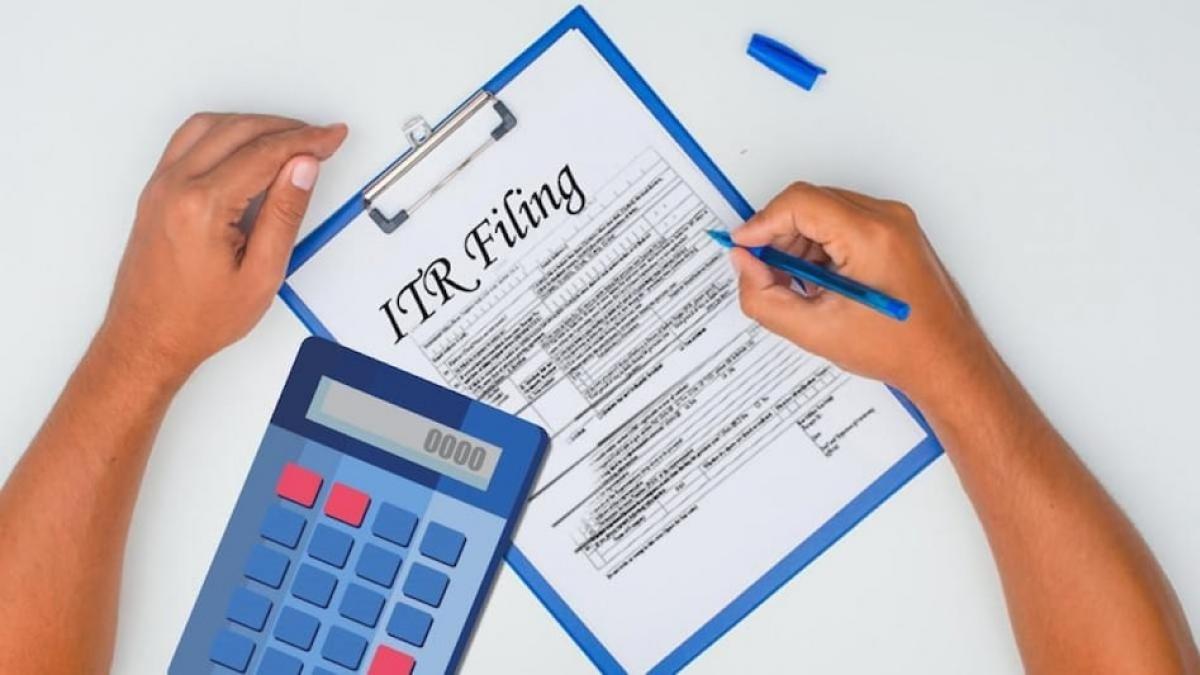
Tax season can be a daunting time for many individuals and businesses alike. Navigating the complexities of tax laws and regulations while ensuring accurate and timely filings can be challenging. Making mistakes during tax filing can lead to costly consequences, such as penalties, interest, and audits. However, with proper knowledge, preparation, and the help of an experienced tax lawyer, these expensive pitfalls can be avoided. This comprehensive guide will help explore common tax filing mistakes and provide practical tips to avoid them.
Some Common Tax Filing Mistakes to Evade
Filing the taxes correctly is essential for ensuring compliance with tax regulations and maximizing financial rewards. However, many taxpayers fall into classic mistakes that might result in severe repercussions. Here are some of the most common tax filing errors to avoid.
-
Choosing the Incorrect Filing Status
Choosing the incorrect file status is a standard error that can seriously affect tax liability. It’s essential to understand the different filing statuses available. Check the requirements for each position and choose the one that best fits the situation. Incorrect computations and significant fines might occur from failing to determine the correct position.
-
Don’t Wait Until the Last Minute
One shouldn’t wait until the last minute when filing their taxes. Engaging in such a practice may result in rushed decisions and mistakes. It is essential to allocate sufficient time to gather all necessary documents, carefully examine financial records, and accurately complete the tax return. By procrastinating, the chances of errors increase, leading to additional stress. Start early and maintain a proactive approach to ensure a smooth and hassle-free tax filing.
-
Frequently Missed Deductions and Credits
Many taxpayers overlook or underutilize tax deductions and credits, which can significantly reduce their tax liability. Be educated on standard deductions and credits available, such as education expenses, medical expenses, home office deductions, and child tax credits. Research and consult with a professional or tax lawyer to ensure all the eligible deductions and credits that can help minimize the tax burden.
-
Avoid Basic Clerical Mistakes
Simple clerical errors, such as inaccurate Social Security numbers, transposed digits, or misspelled names, can delay and complicate tax return preparation. Double-check all tax form information, including names, identification numbers, and financial statistics. Examining the return for correctness helps avoid needless revisions and fines.
-
Retain Tax Return Copies
Once the tax return has been filed, retain copies of all documentation for records. Keeping copies of the filed returns and accompanying documentation on file will benefit future inquiries or audits. It serves as a point of reference and proof of compliance, avoiding future conflicts and limiting costly penalties.
Conclusion
Filing taxes correctly and avoiding costly mistakes demands attention to detail, tax law understanding, and proactive preparation. Understanding the tax duties, keeping proper documents, seeking expert advice from a tax lawyer when necessary, and remaining up to speed on tax law changes can help you confidently handle the tax filing process. Implementing these tactics will save money and offer peace of mind knowing that necessary steps are taken to avoid expensive tax filing mistakes.


